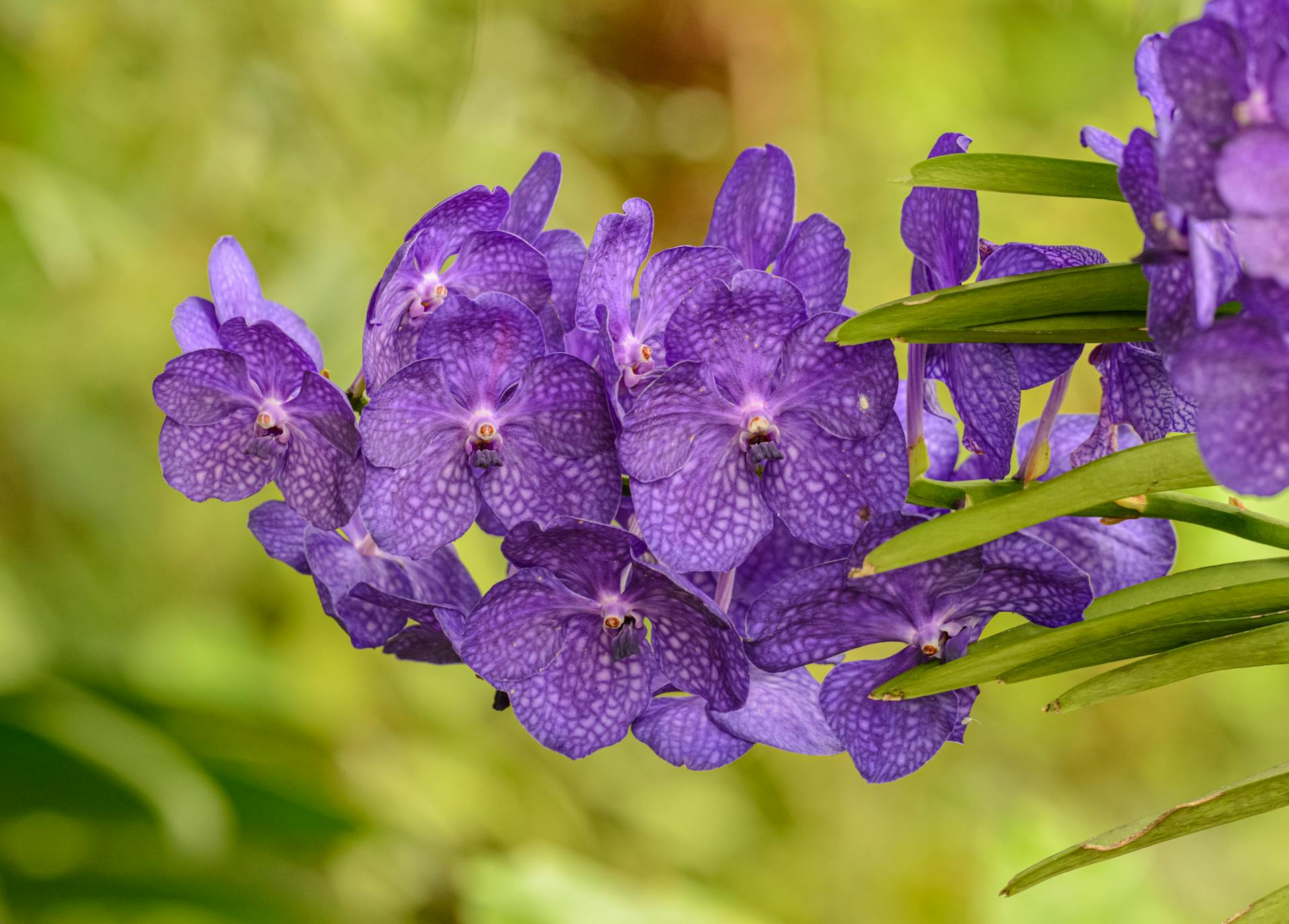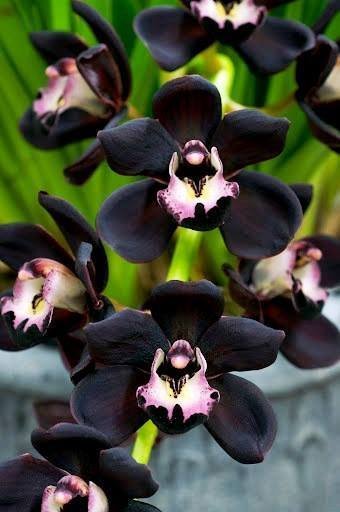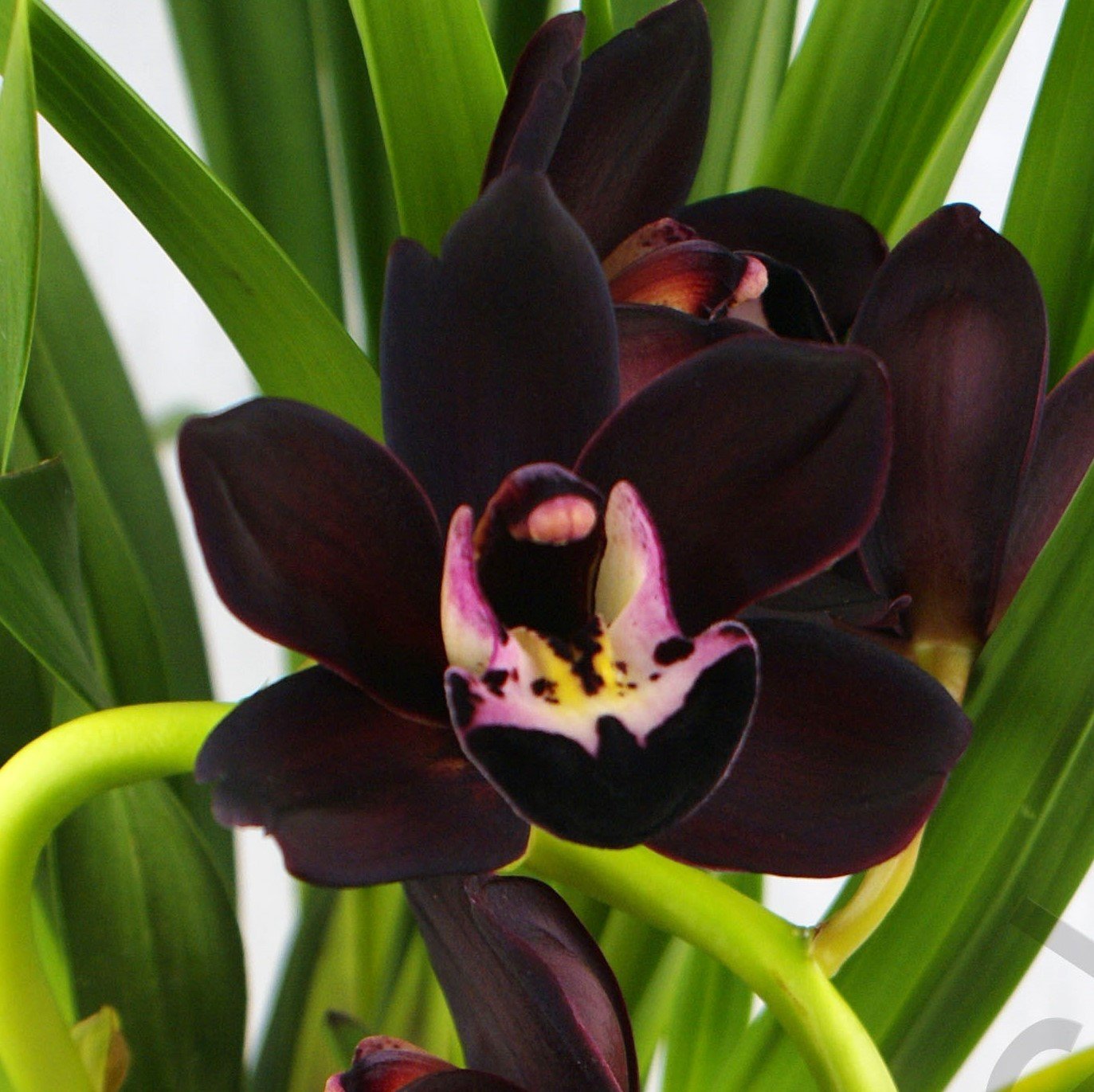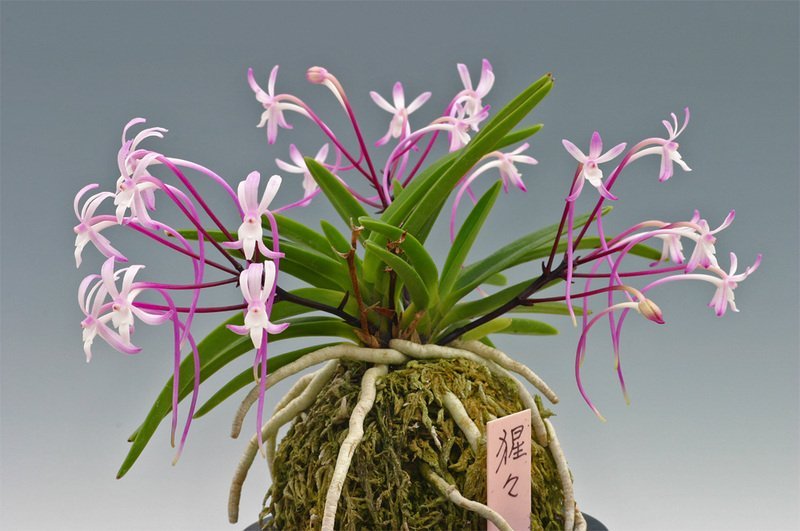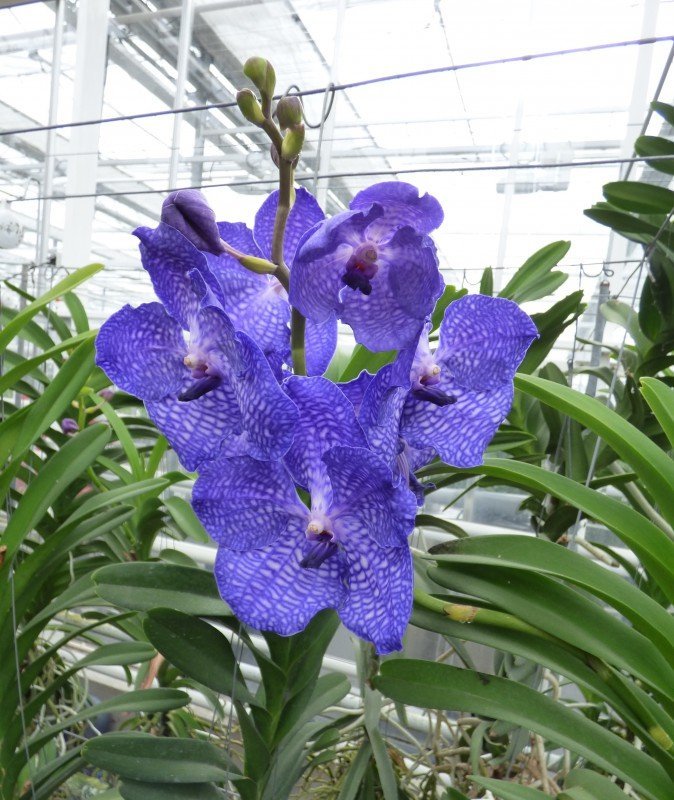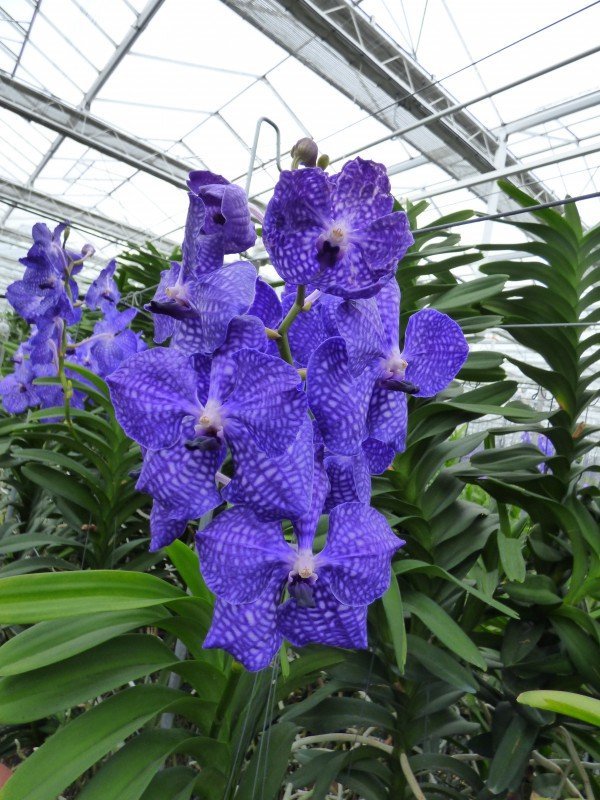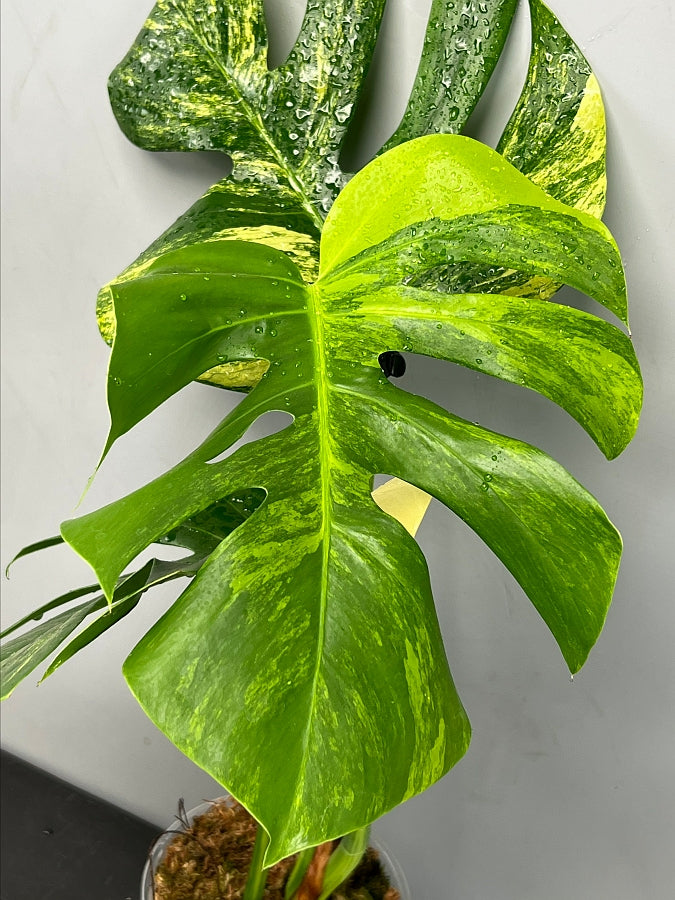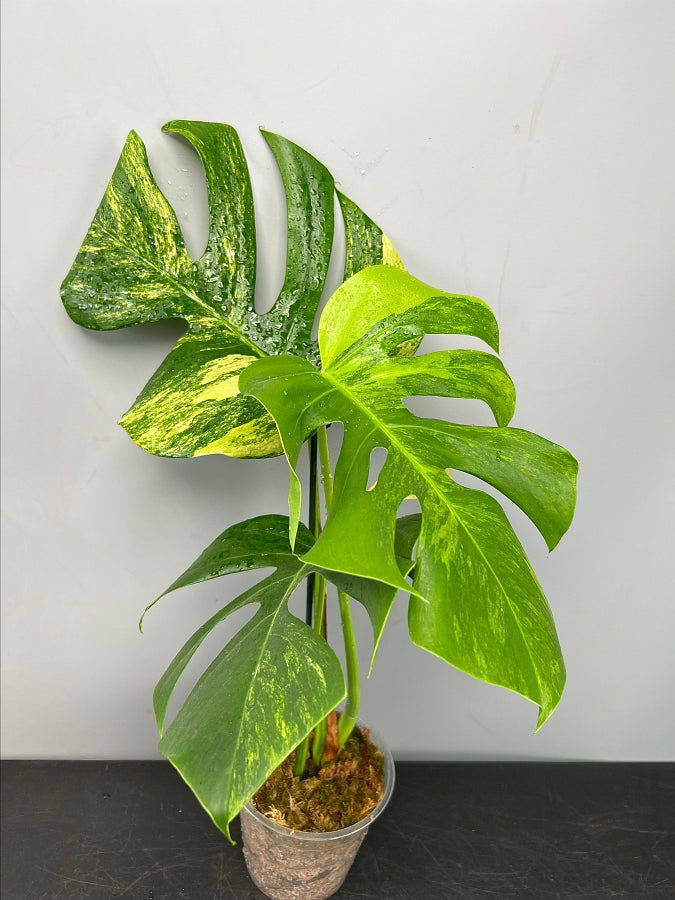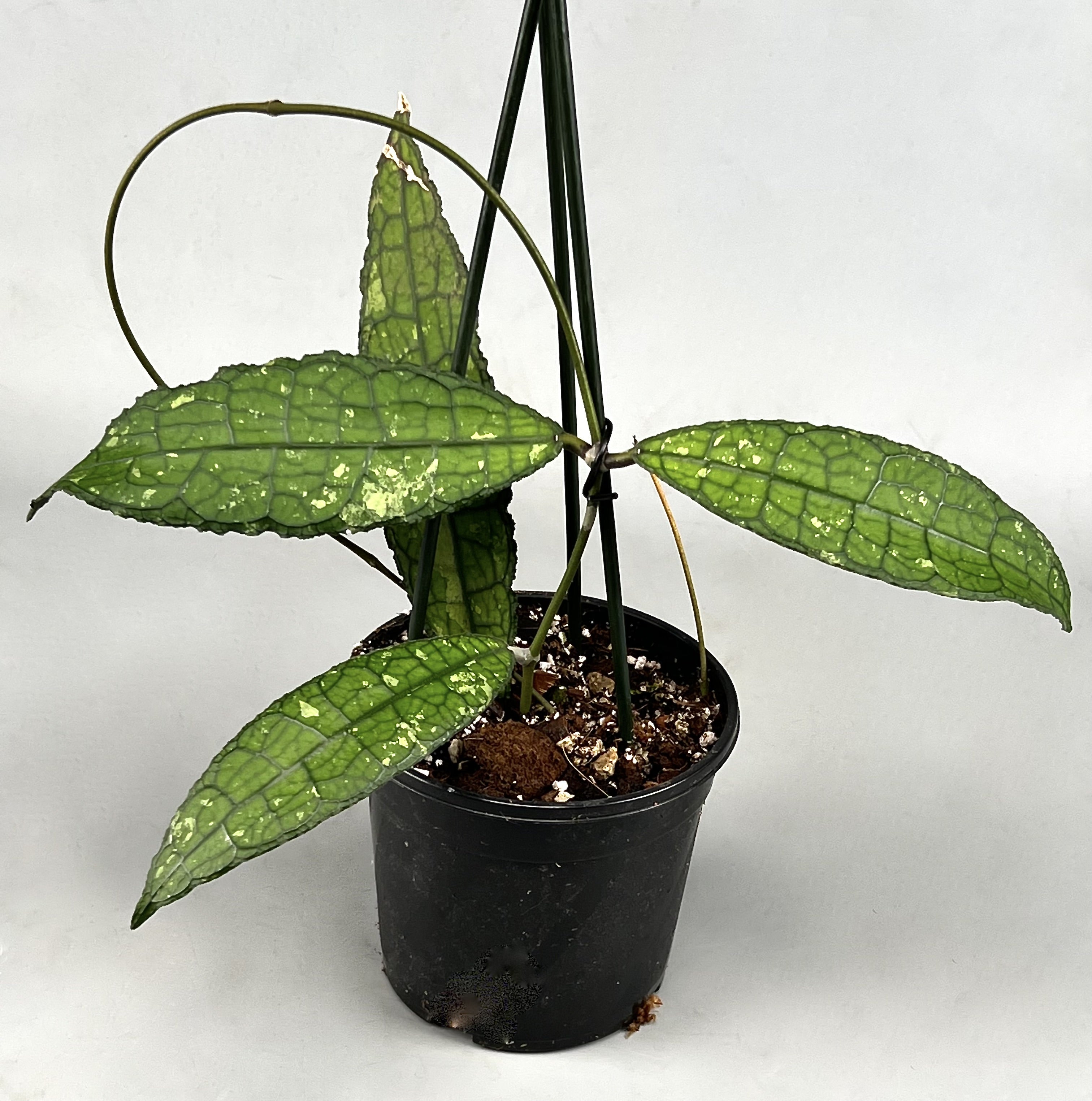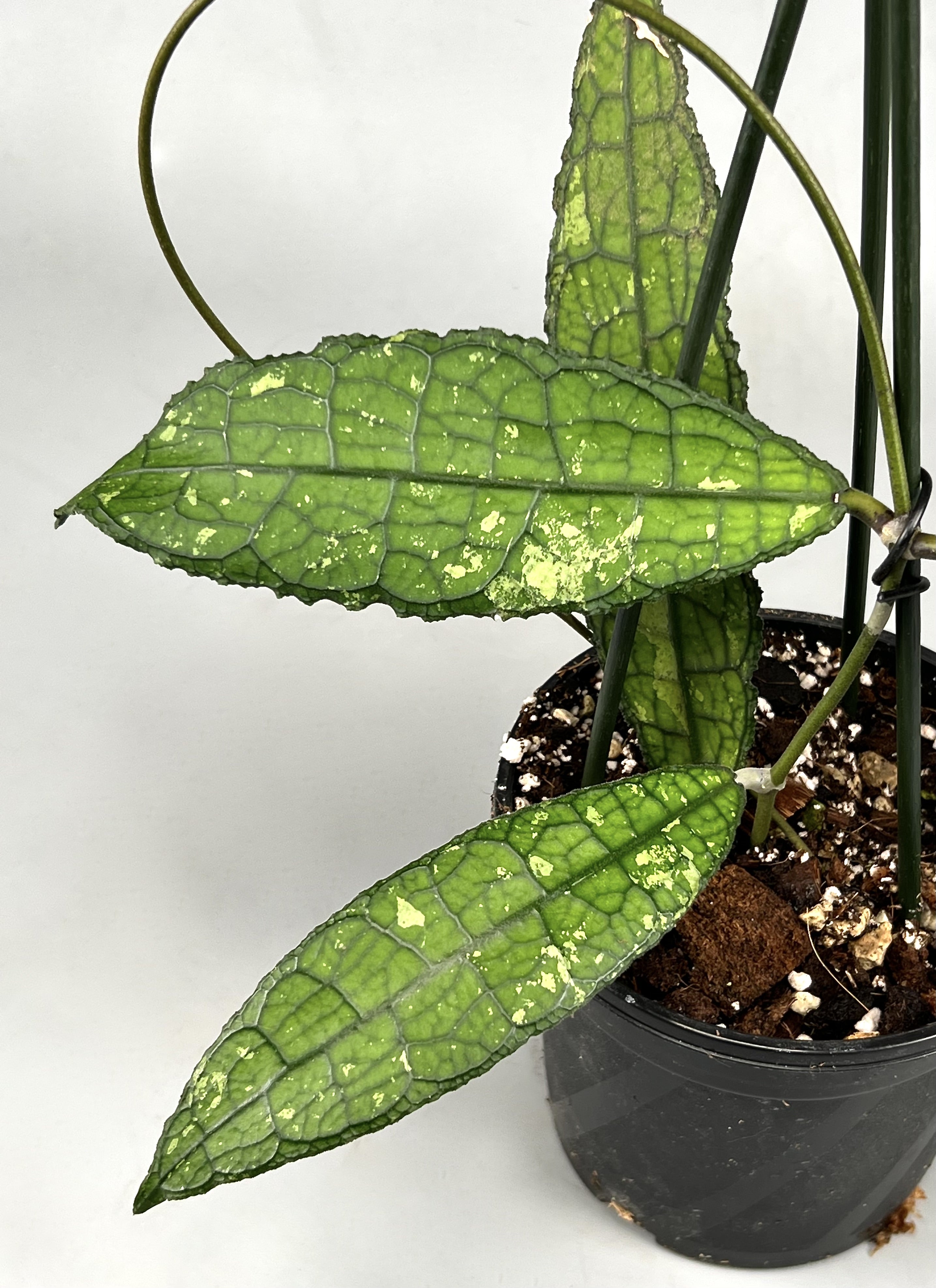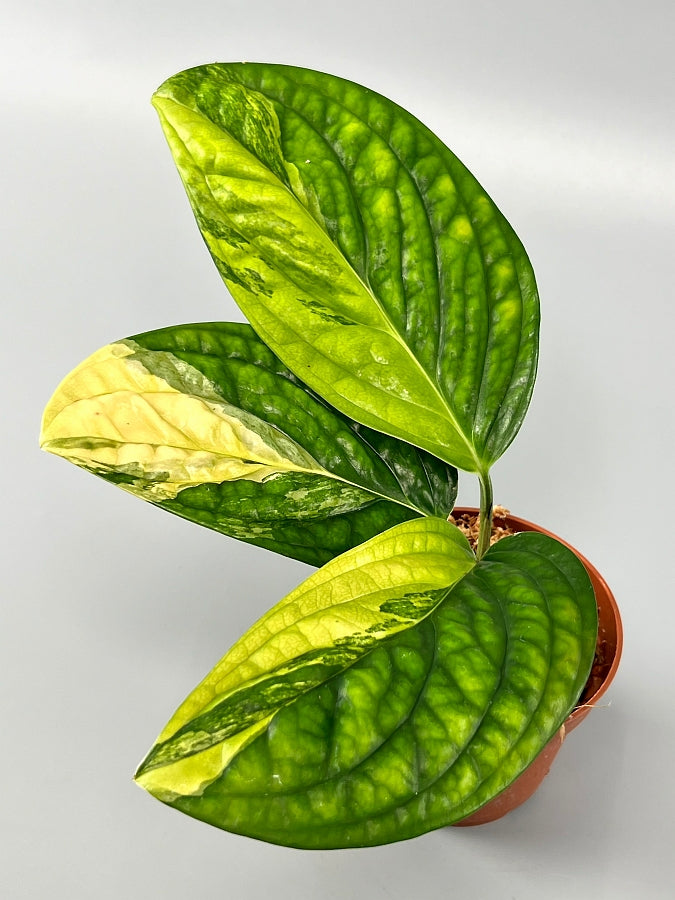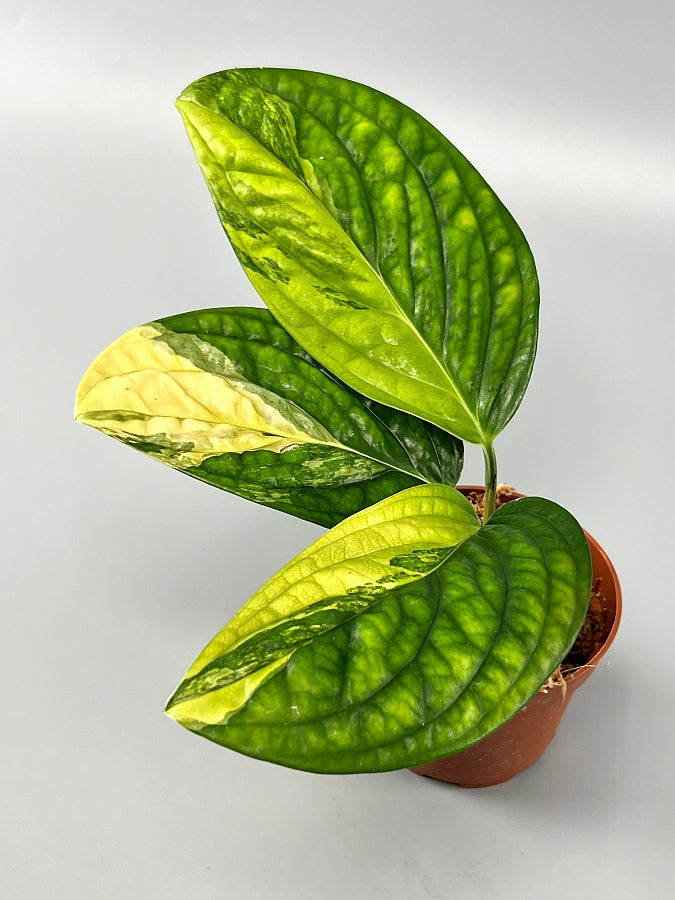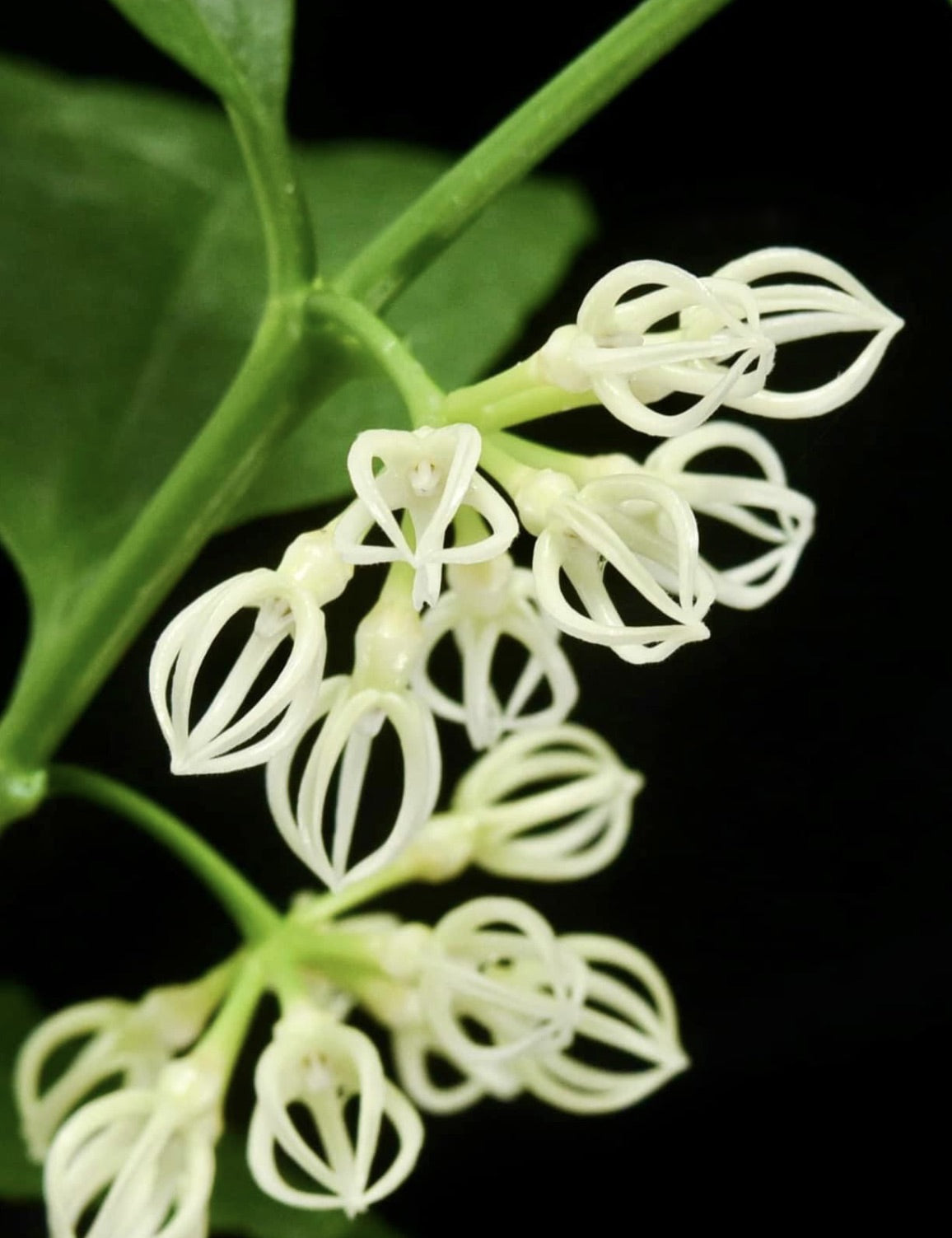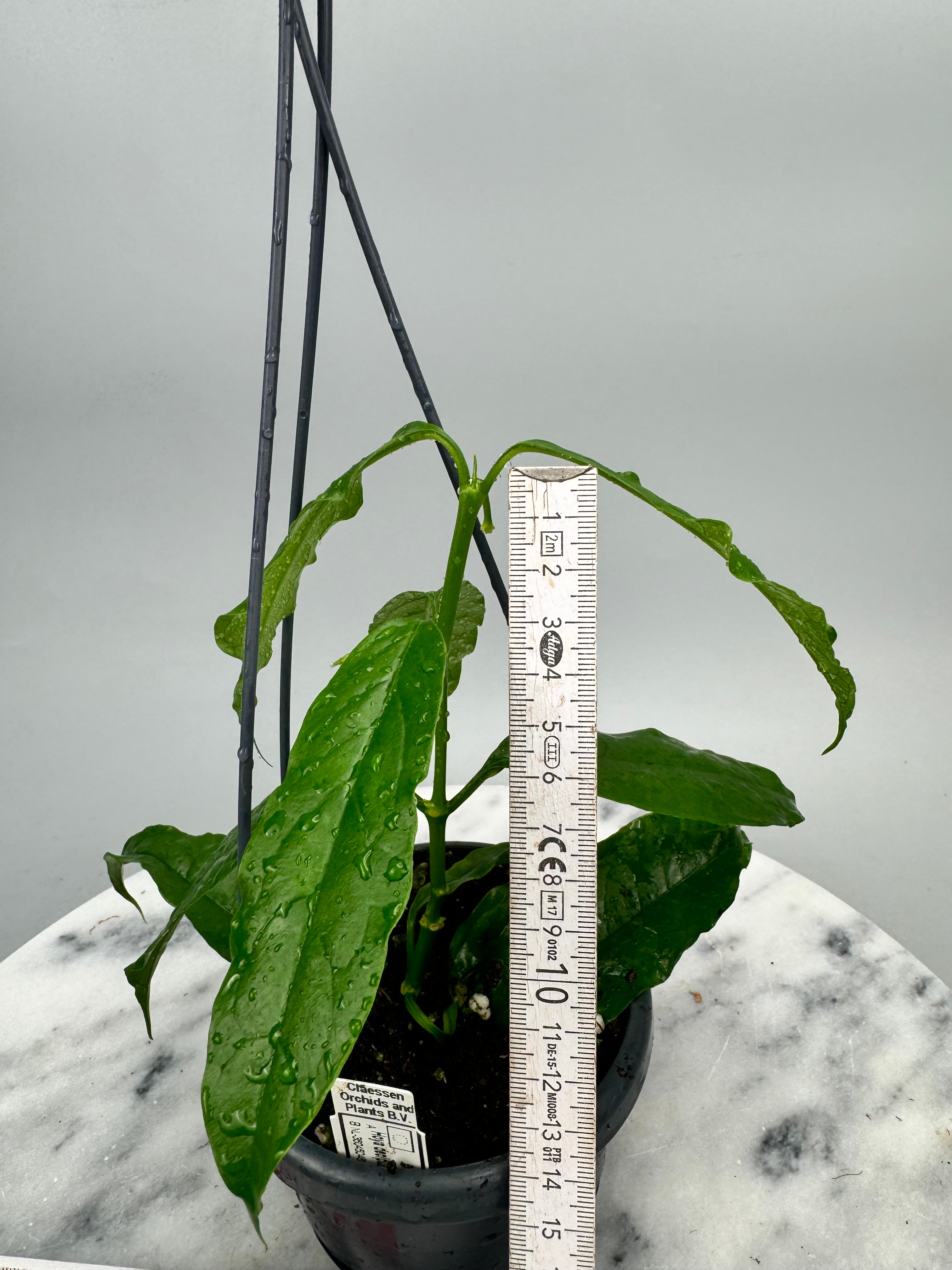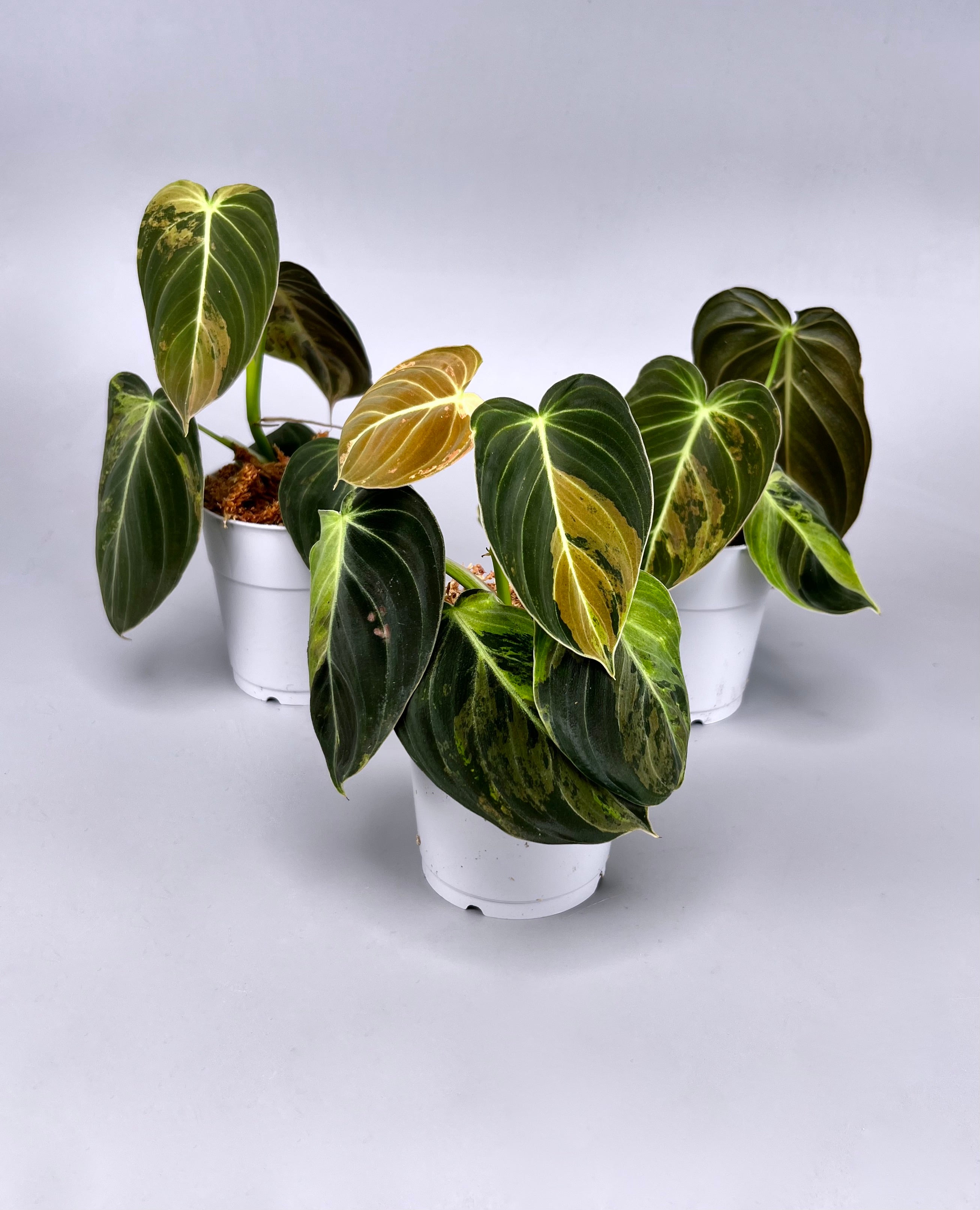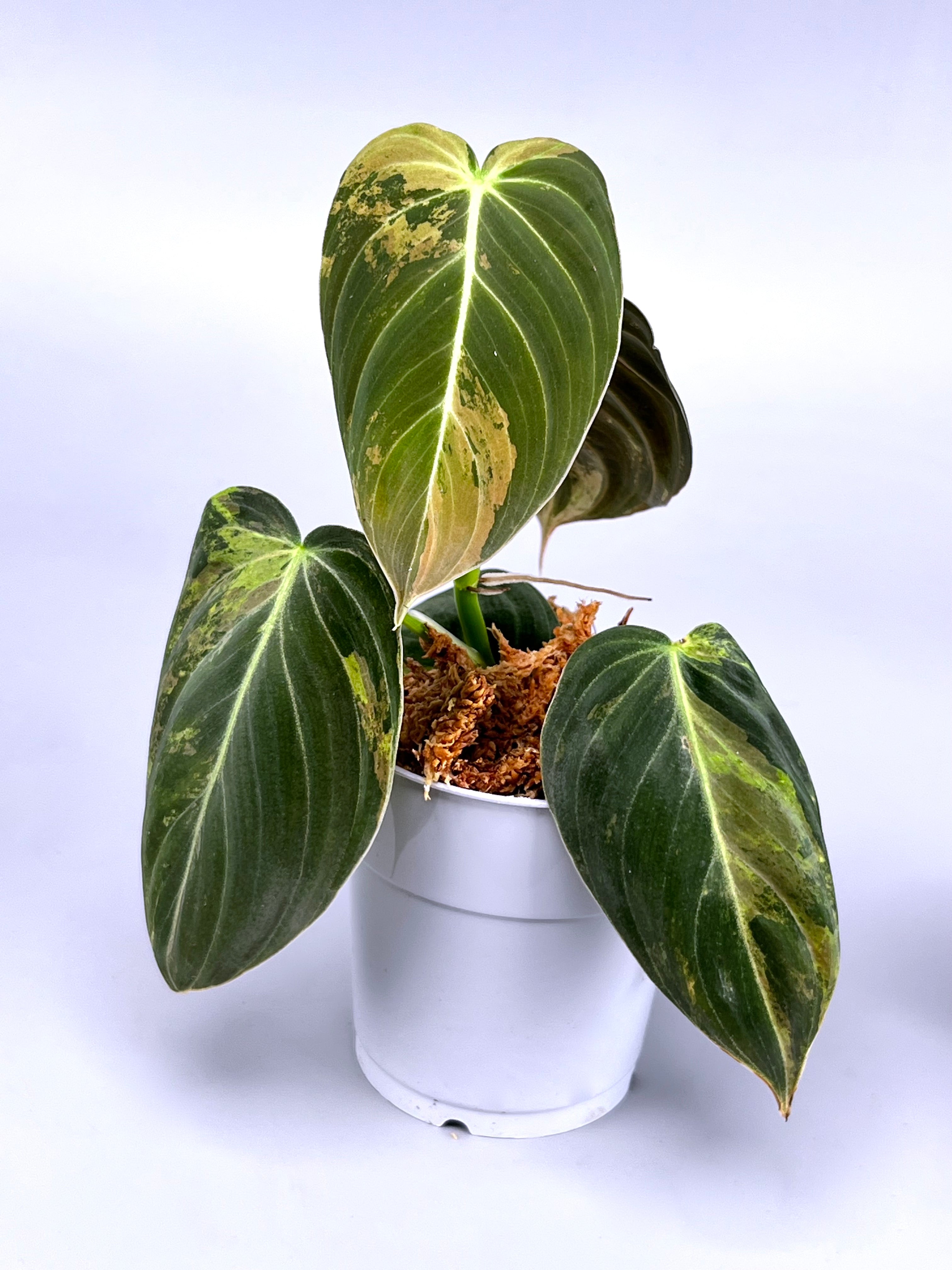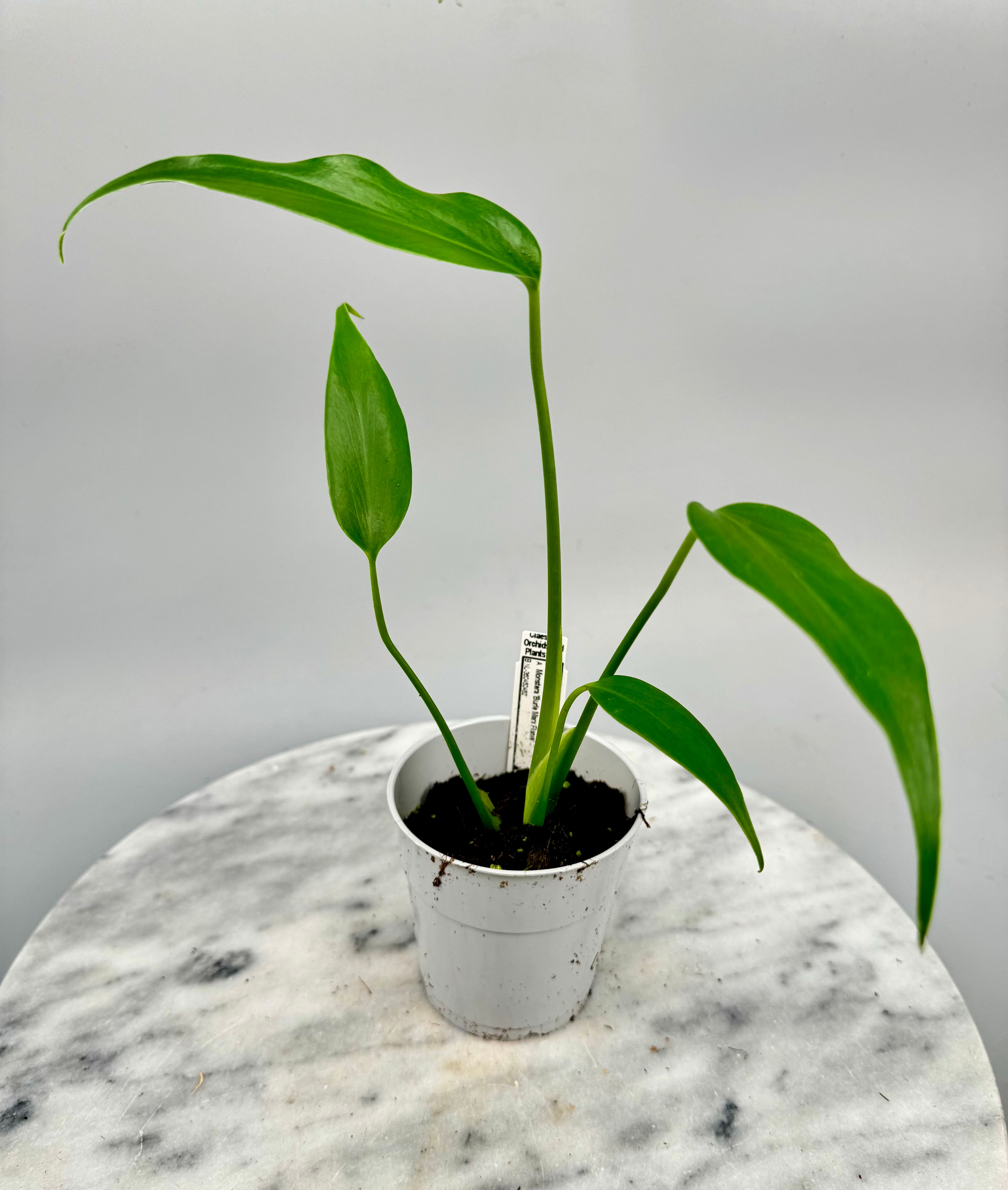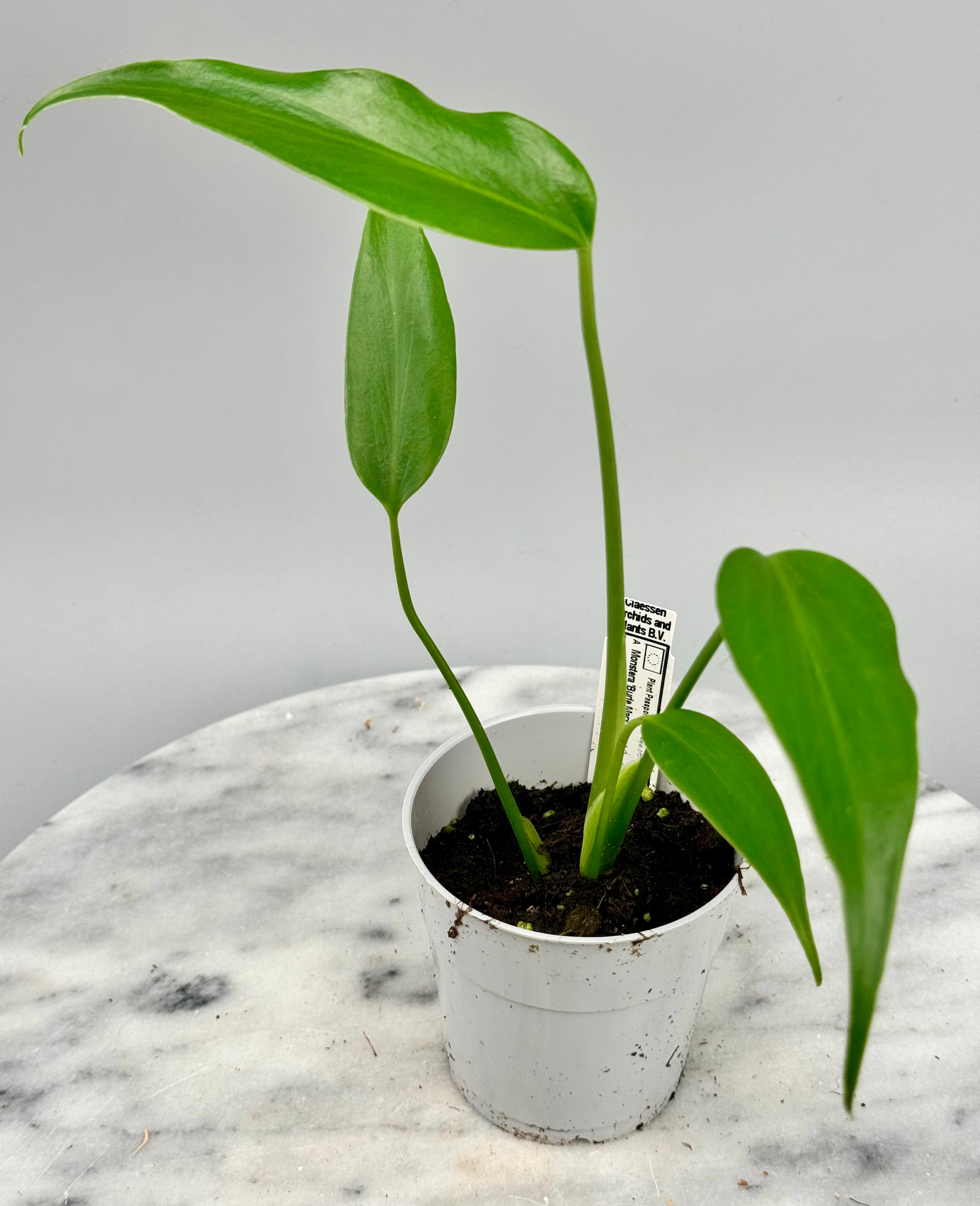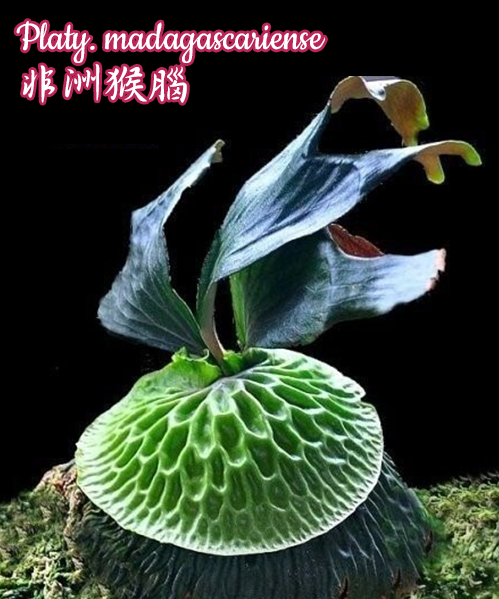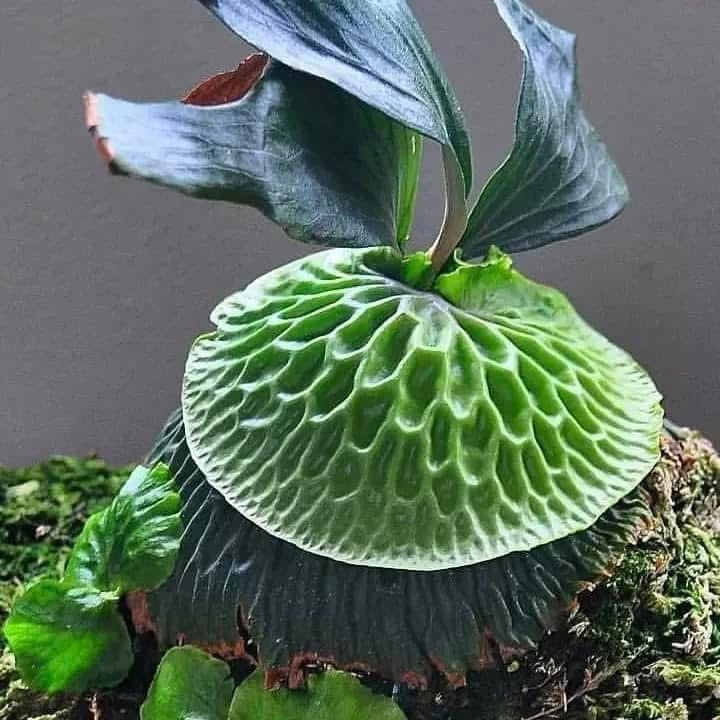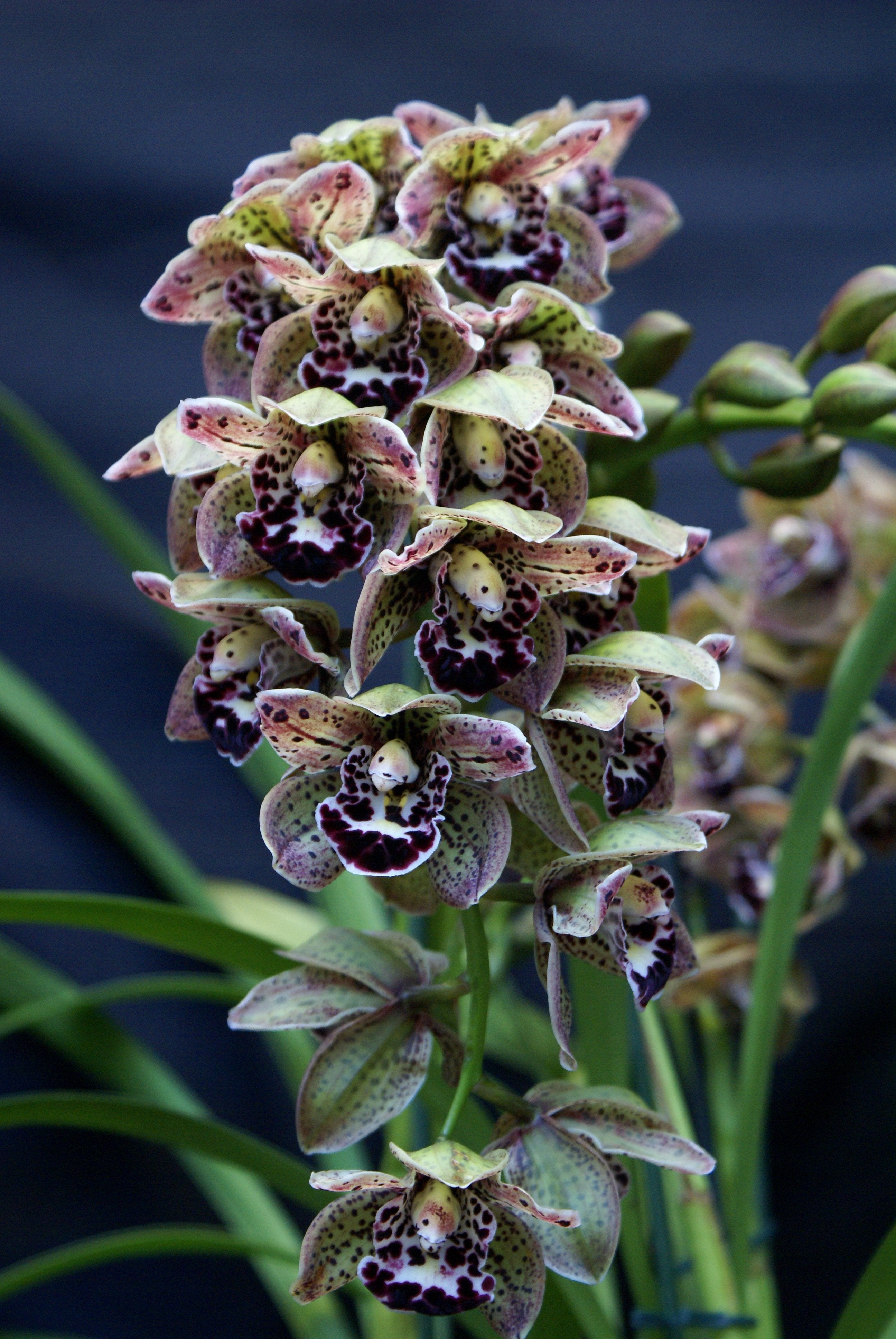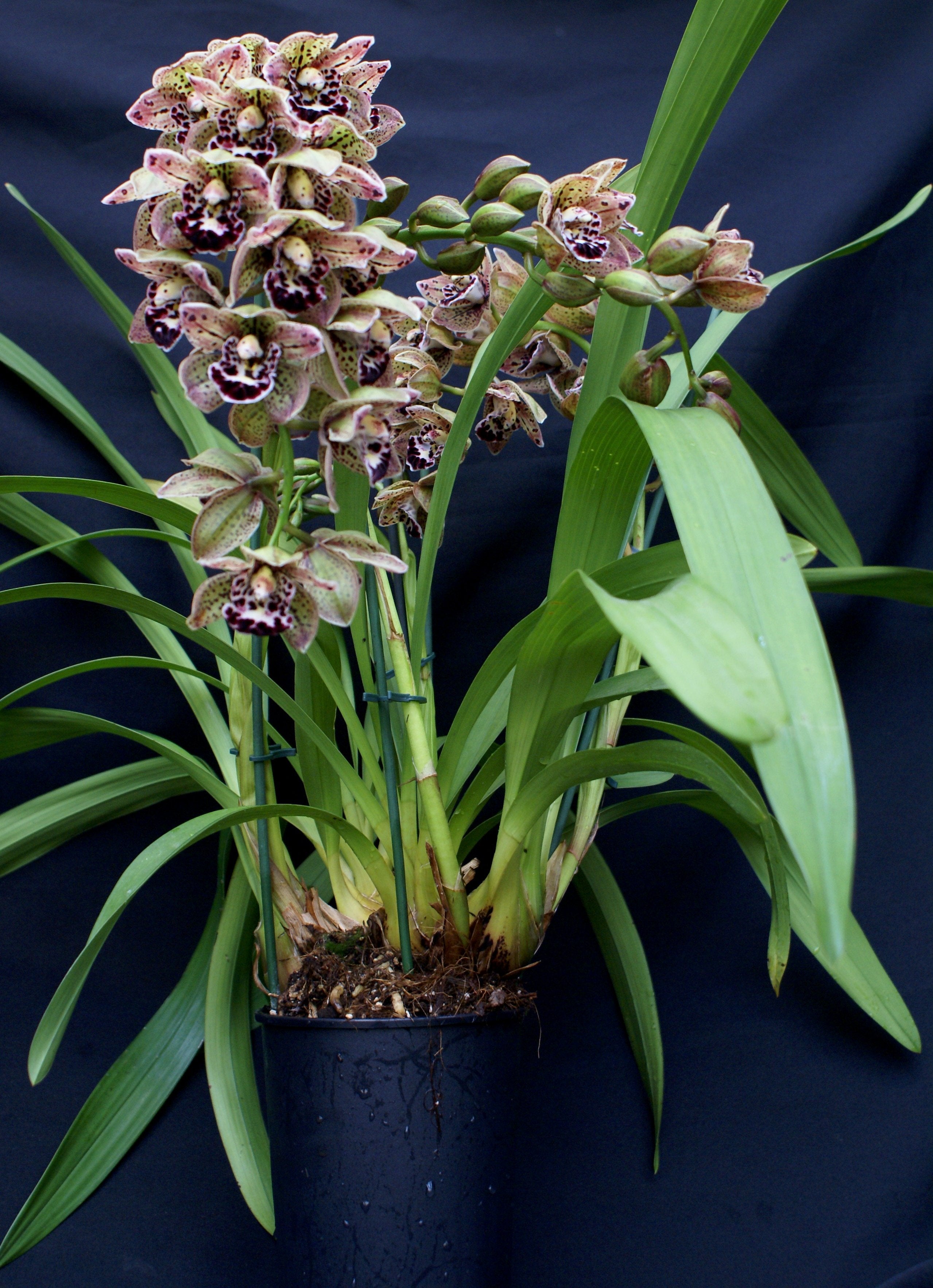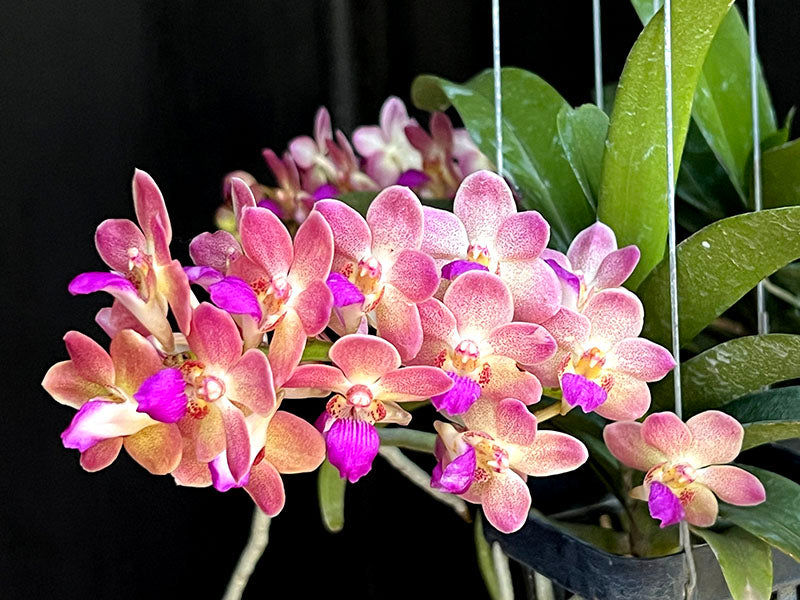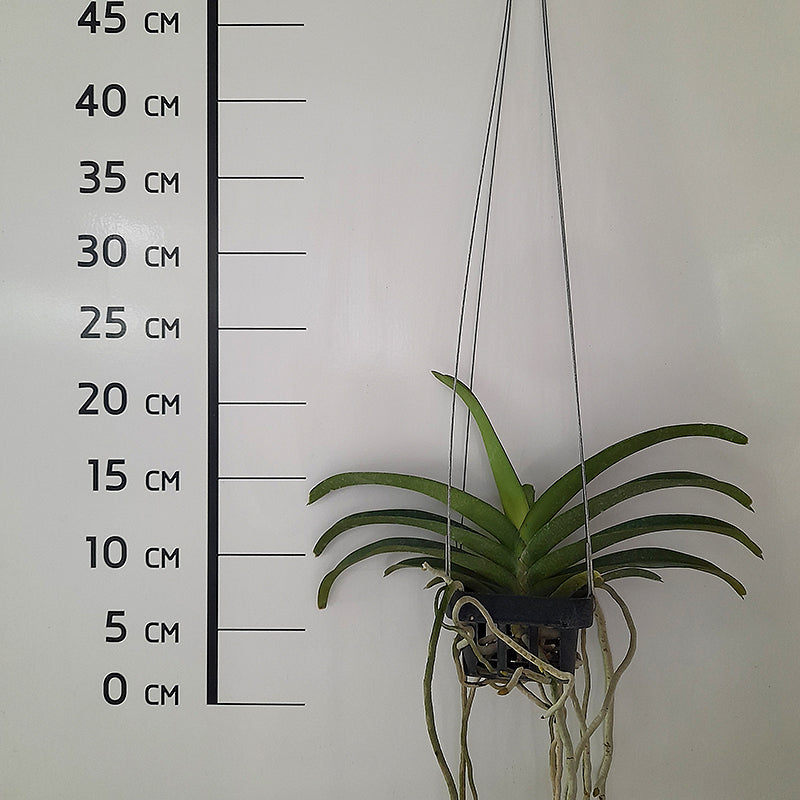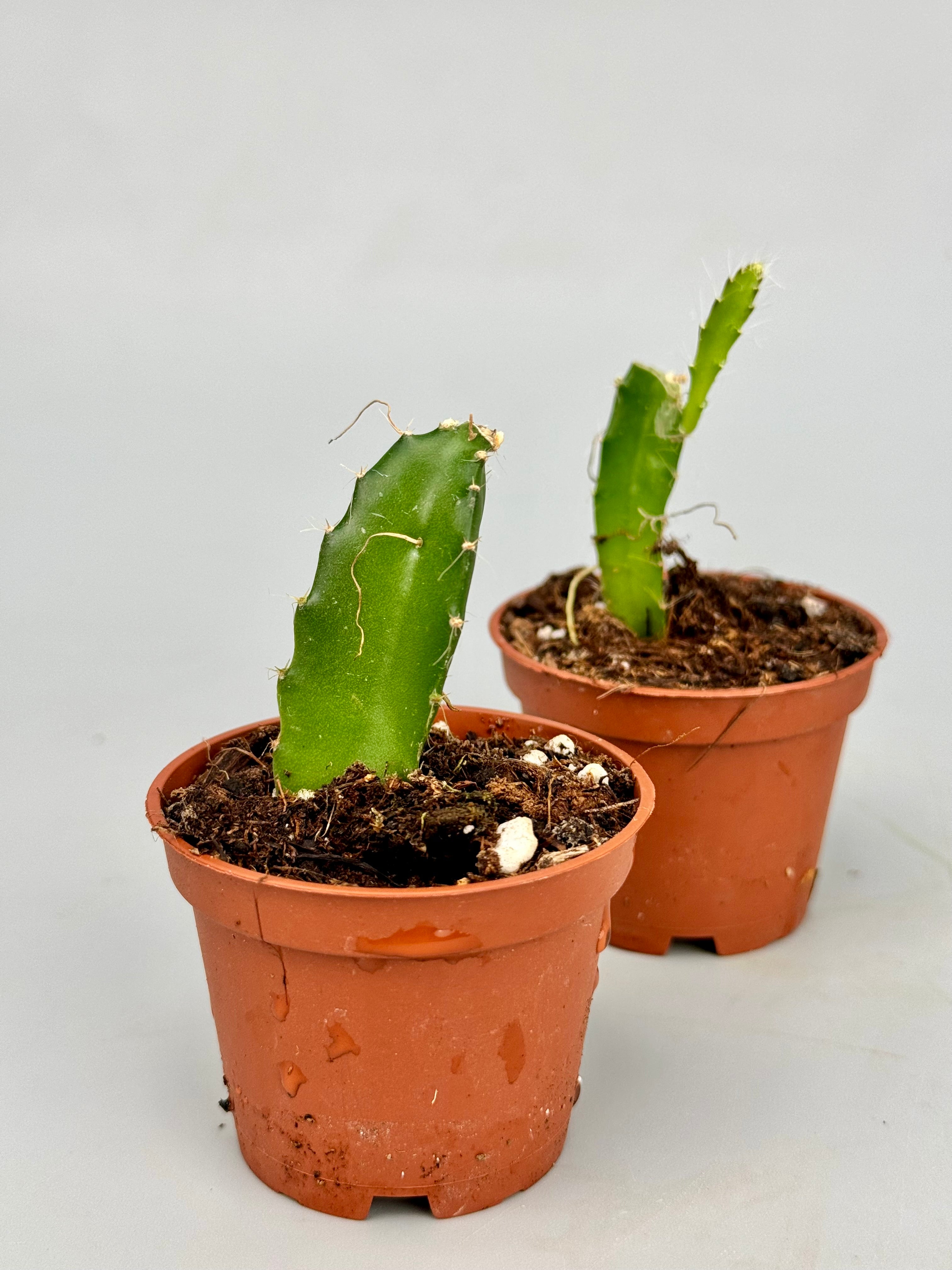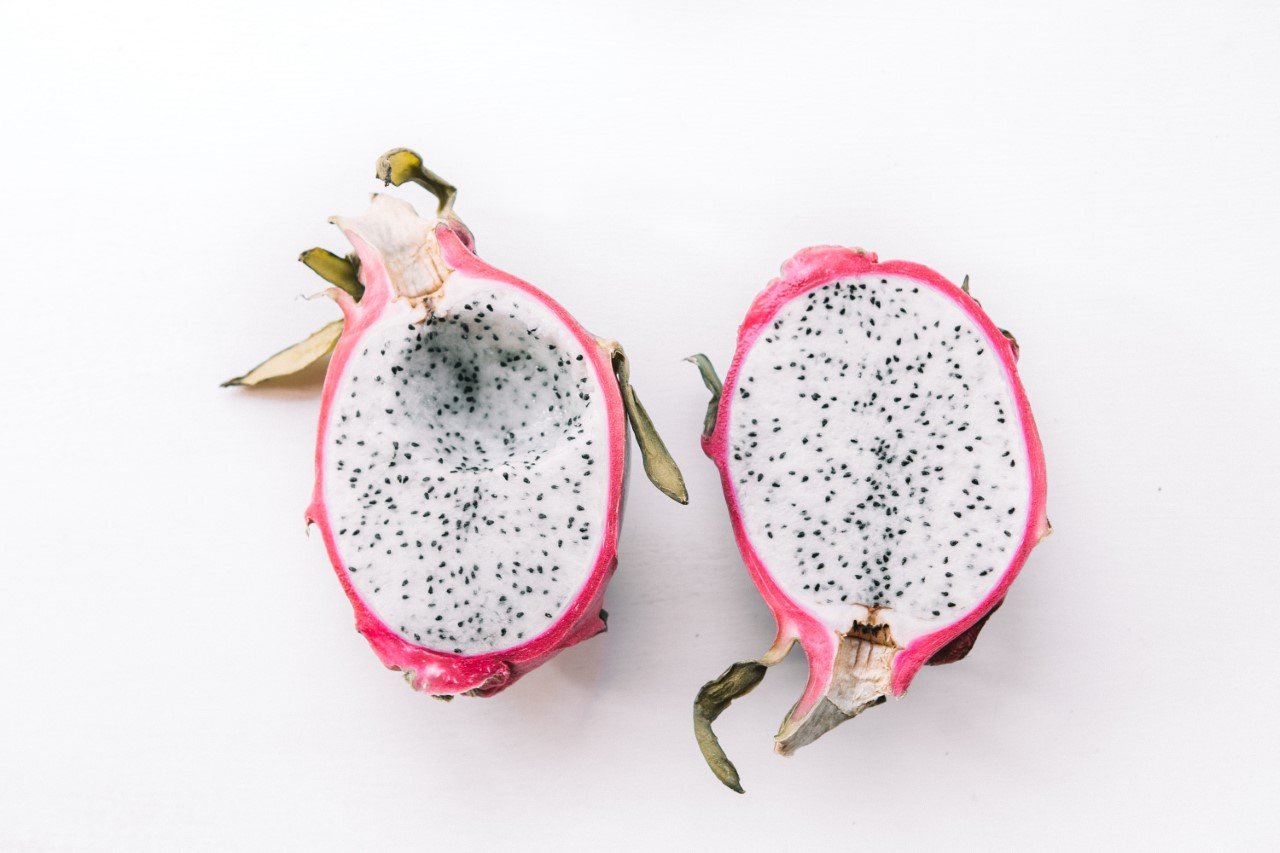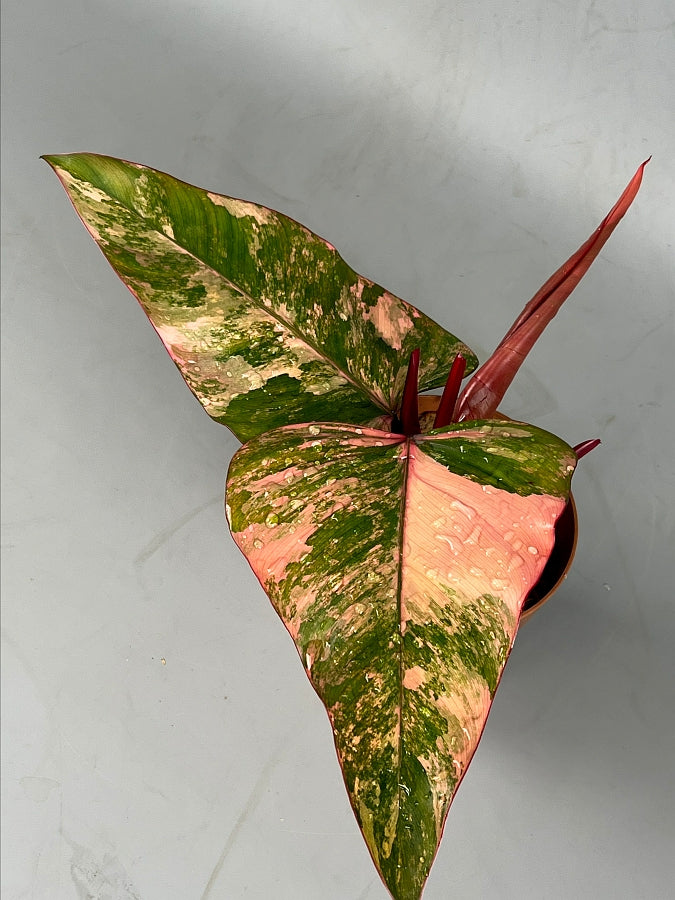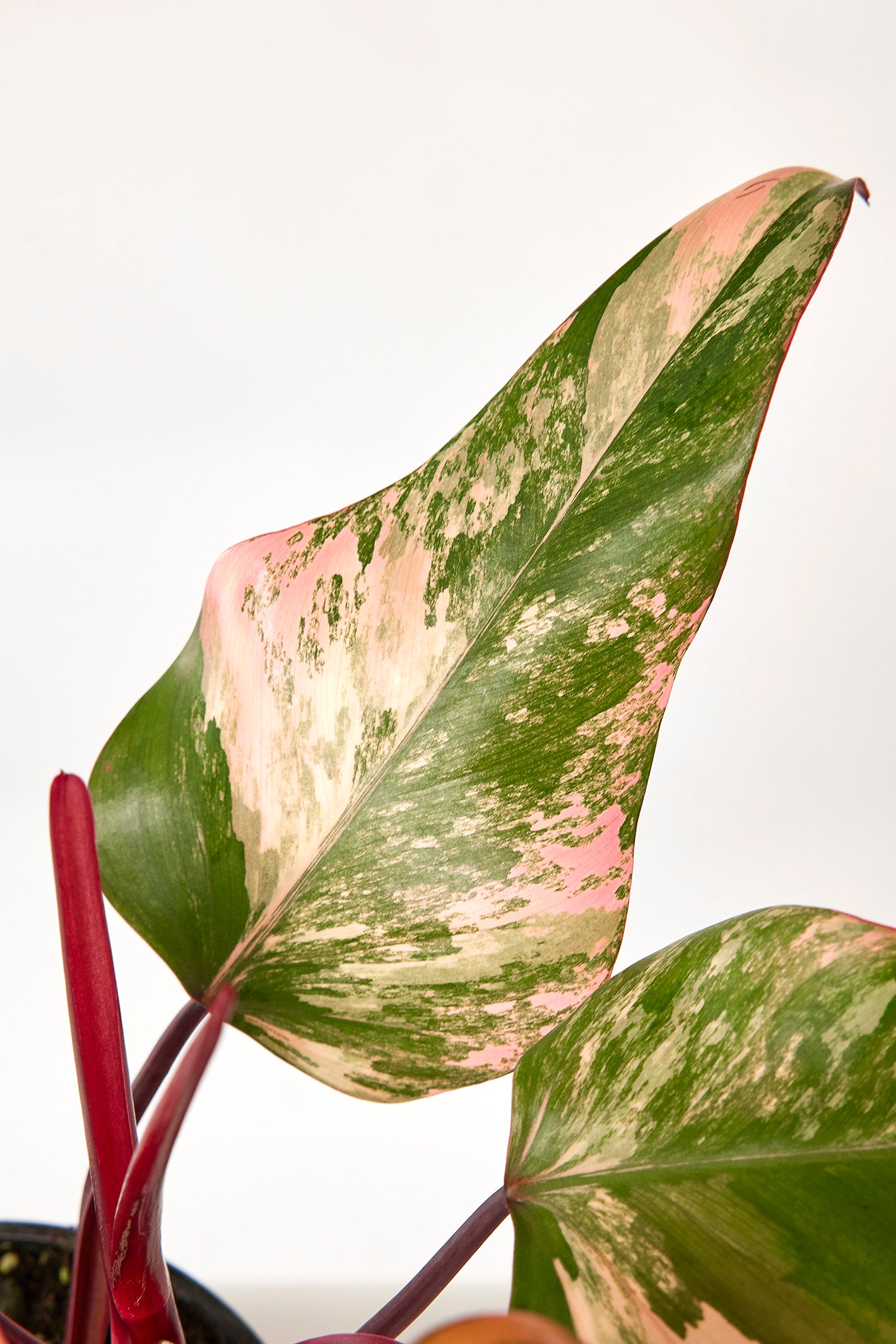We often think of "pollinators" as bees, butterflies or hummingbirds. Tiny creatures that, often without realizing it, play an indispensable role in the survival of plants. But have you ever considered that you, as a human being, are also a pollinator? Not with wings and pollen grains, but with suitcases, boxes, clumps of earth and digital marketplaces.

From suitcases to nurseries
Every time you send in a seed, exchange a cutting or buy an orchid from a grower, you are contributing to the spread of plants. Sometimes consciously, because you have a passion for special species. Sometimes unknowingly, when you bring a plant from abroad without knowing there are seeds or insects in the potting soil. Worldwide, humans have become one of the most powerful disseminators of plants. Thanks to trade, botanical gardens and hobby growers, species today grow where they would never have occurred naturally.

Good or bad?
This begs the question: is this something positive or something to worry about? The answer (as so often in nature) is not black and white. On the one hand, we ensure the survival of endangered species. Think of rare orchids that have almost disappeared in the wild, but thanks to enthusiasts and breeders are still preserved. Botanical gardens play an important role in this. They are not only a feast for the eyes, but also safe havens for genetic diversity.
On the other hand, human spread can also be harmful. Some plants behave invasively when they arrive in new places. They displace native flora, alter ecosystems and disrupt existing food chains. Diseases and pests also travel with them, often without us realizing it.

You as a modern pollinator
As a plant lover, you can fulfill your role as a "modern pollinator" responsibly. Here are a few ways you can do that:
Know the origins of your plants
Buy from growers who are transparent about where their plants come from and do not trade wild plants.
Be careful when swapping or bringing them from abroad
Inform yourself about regulations and risks, including those related to spreading diseases.
Grow with care for nature
Don't pass on plants that may be invasive in your area, and share knowledge about species that deserve extra protection.
Support botanical gardens and education projects
They play a key role in preserving biodiversity as well as informing the public.

A task with a future
We may not be pollinators with wings, but we have a unique responsibility. In a world where biodiversity is under pressure, we as humans cannot just do damage. We can also protect, preserve and pass on. By making conscious choices, you can contribute to a world in which special plants continue to exist. Not just on paper, in scientific archives, but alive, growing, Blooming.
And that's perhaps the greatest thing about our role as pollinators: the ability to carry life forward, if you do it right.

